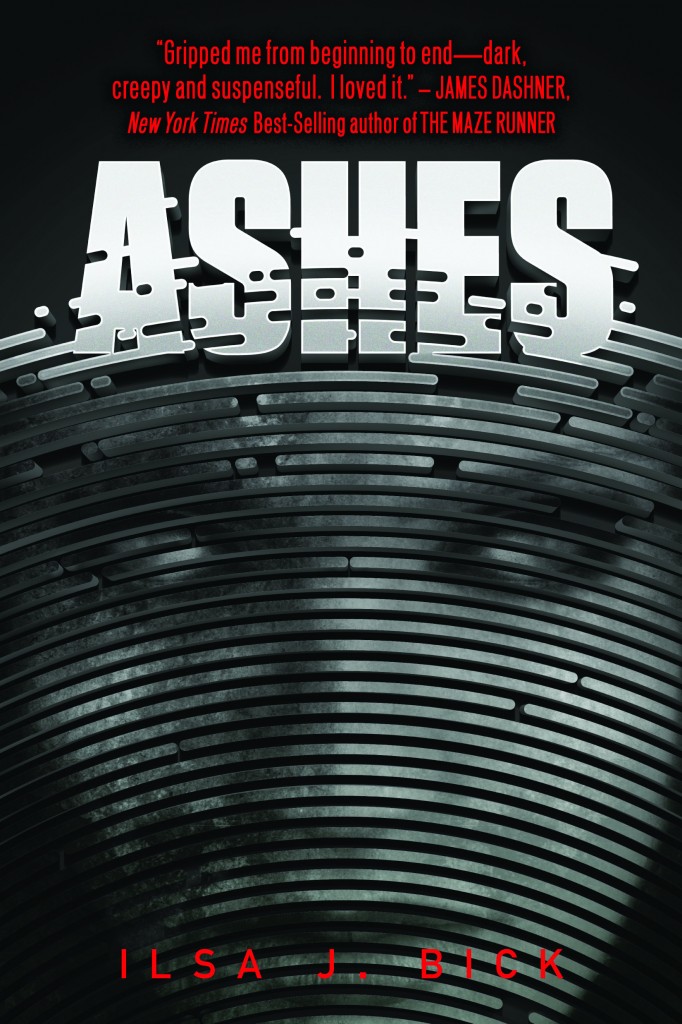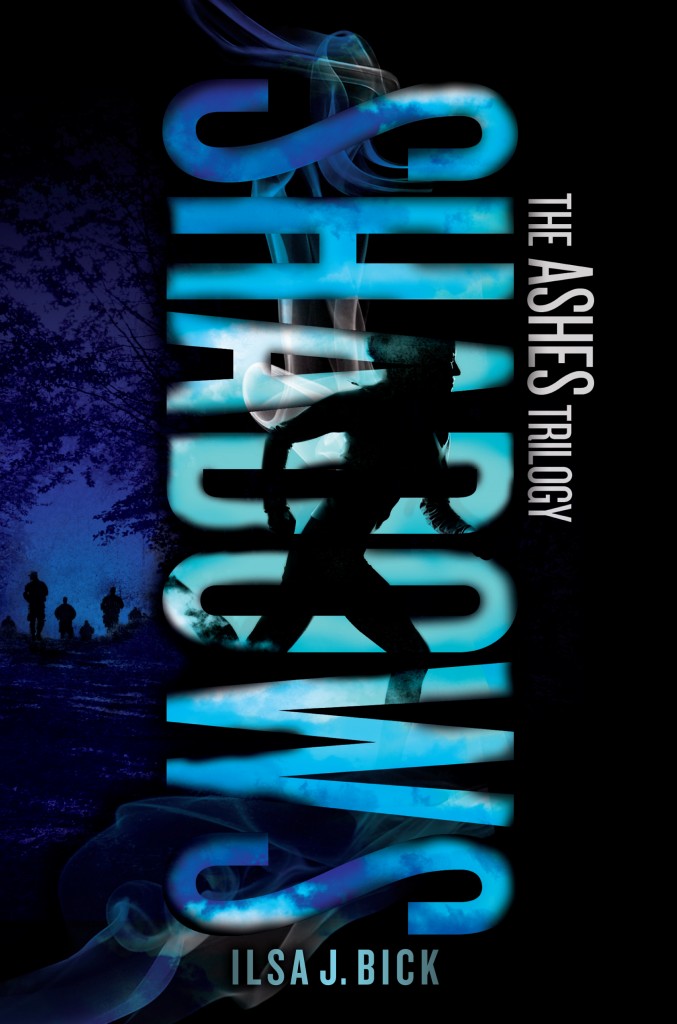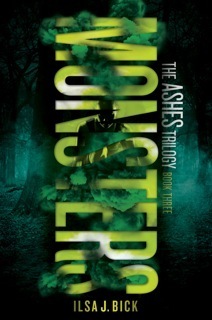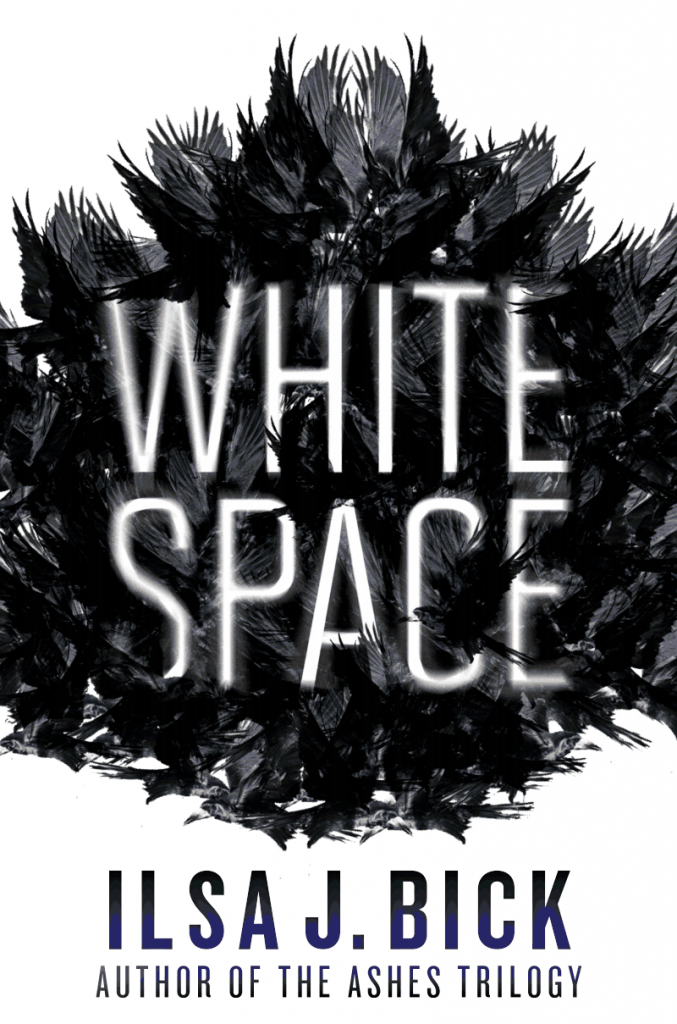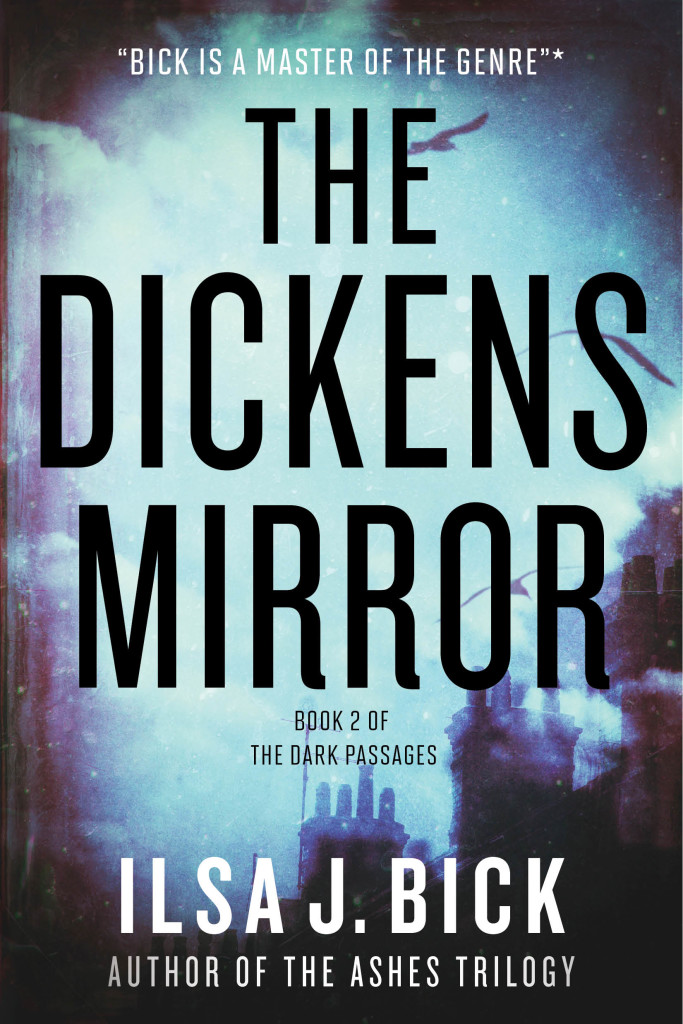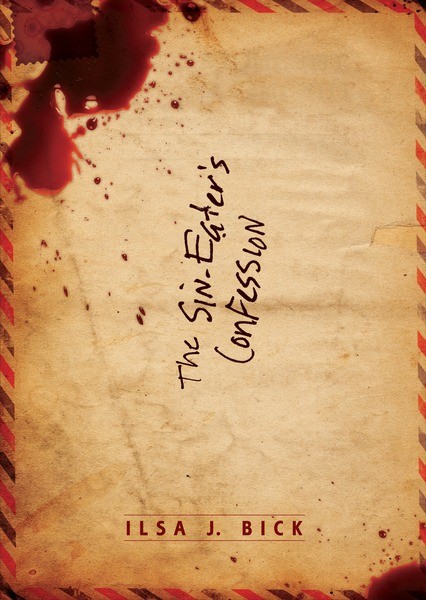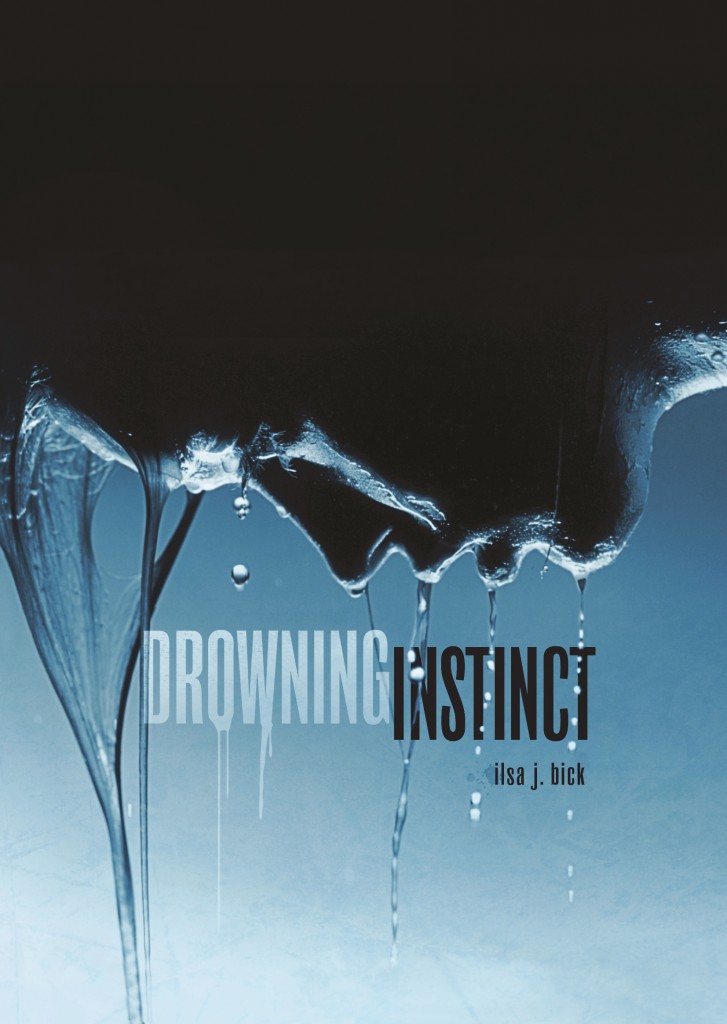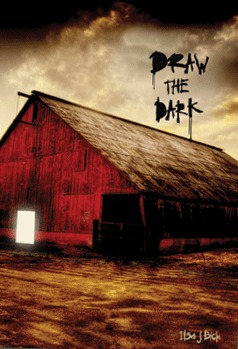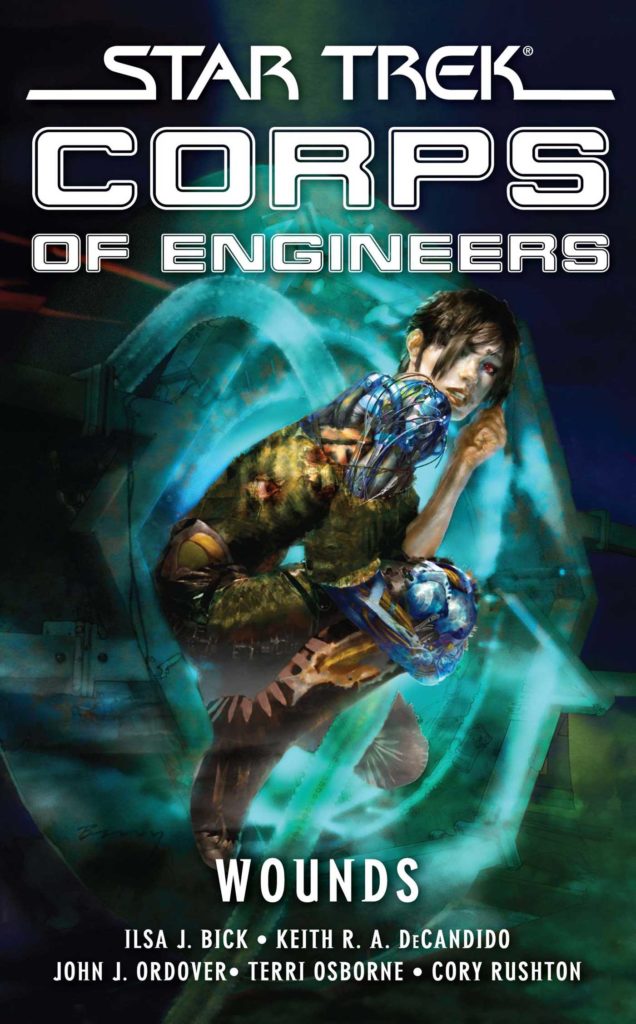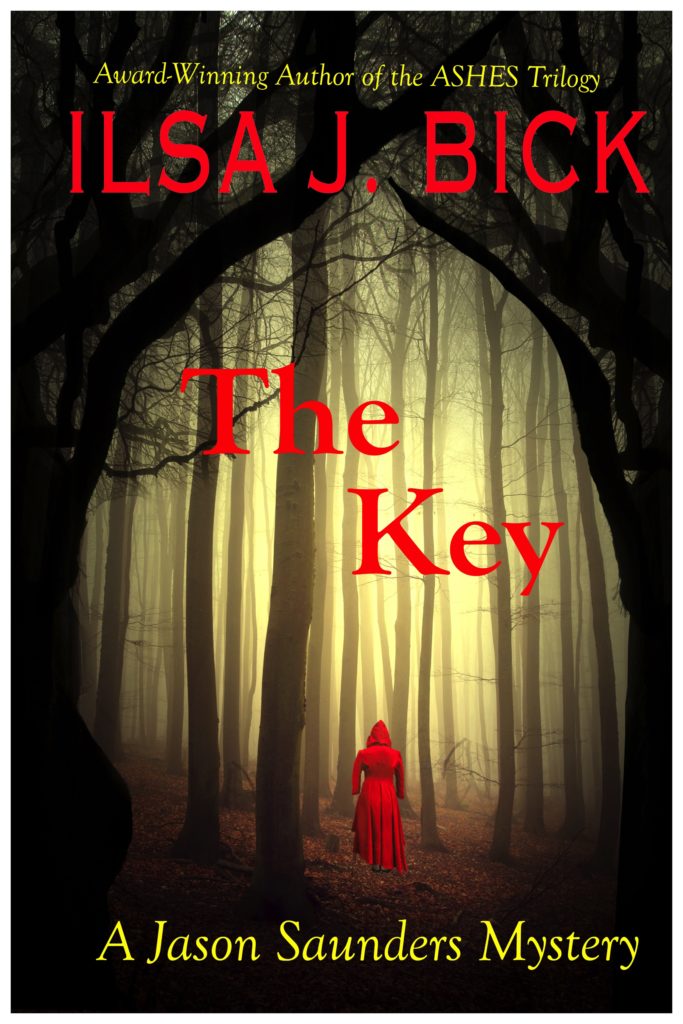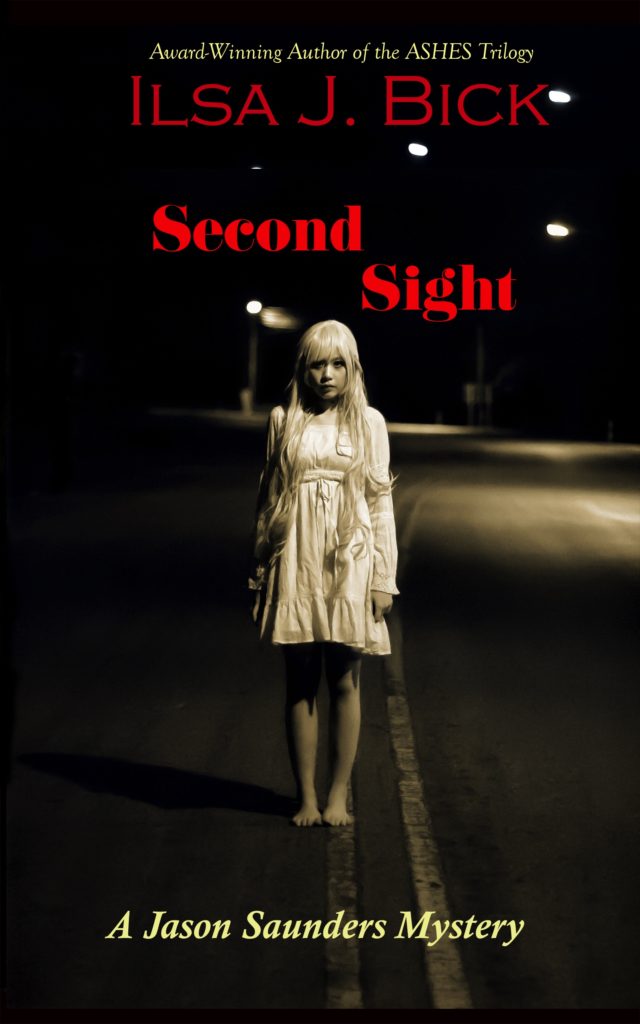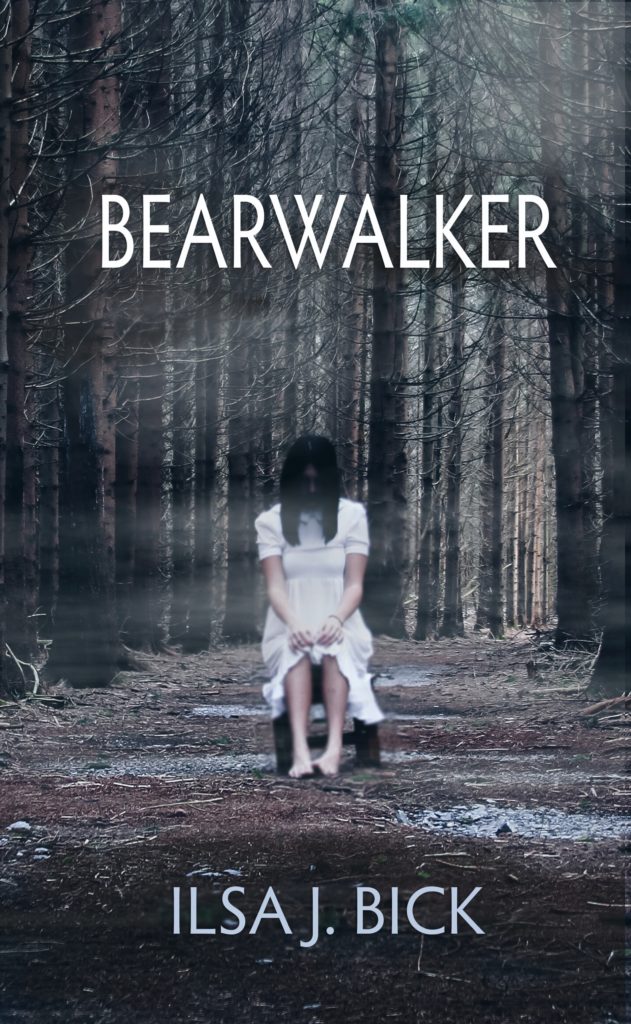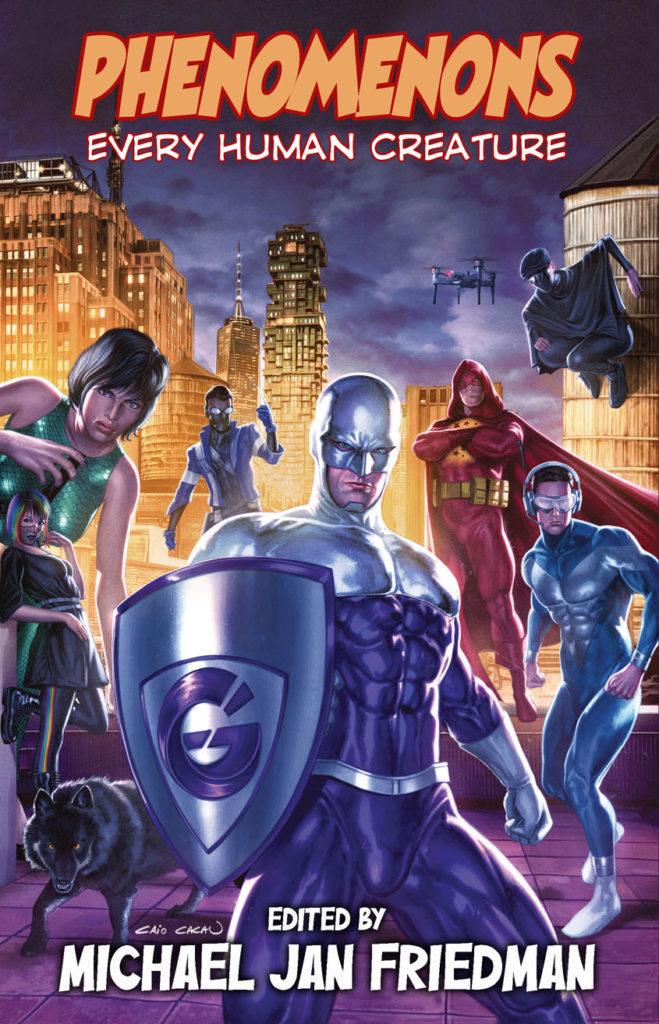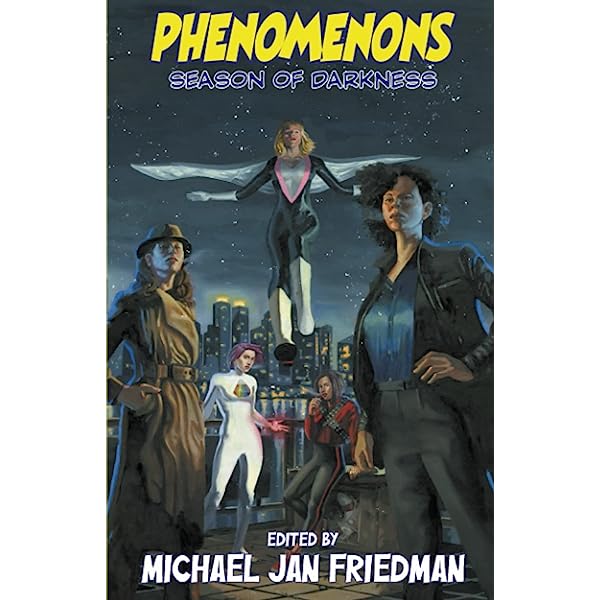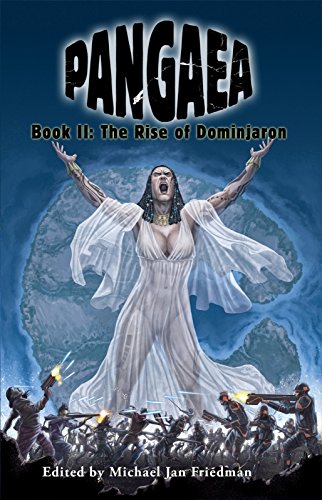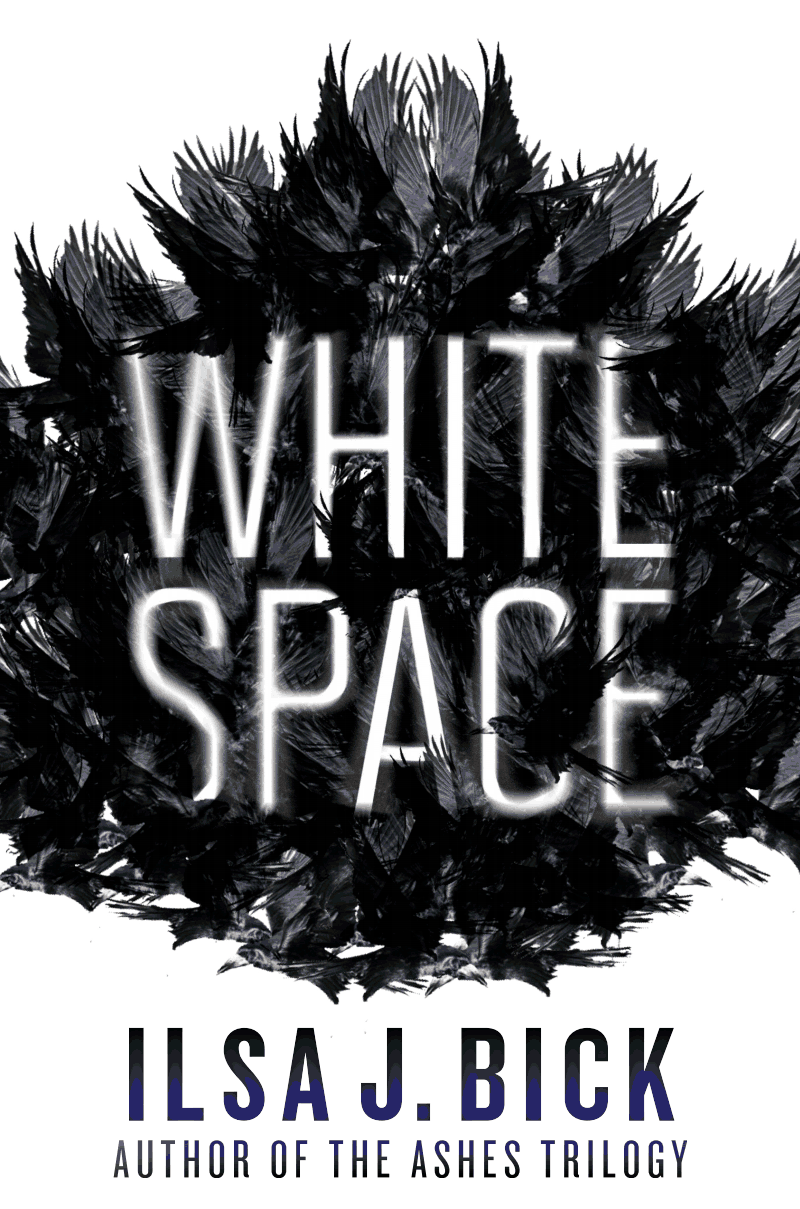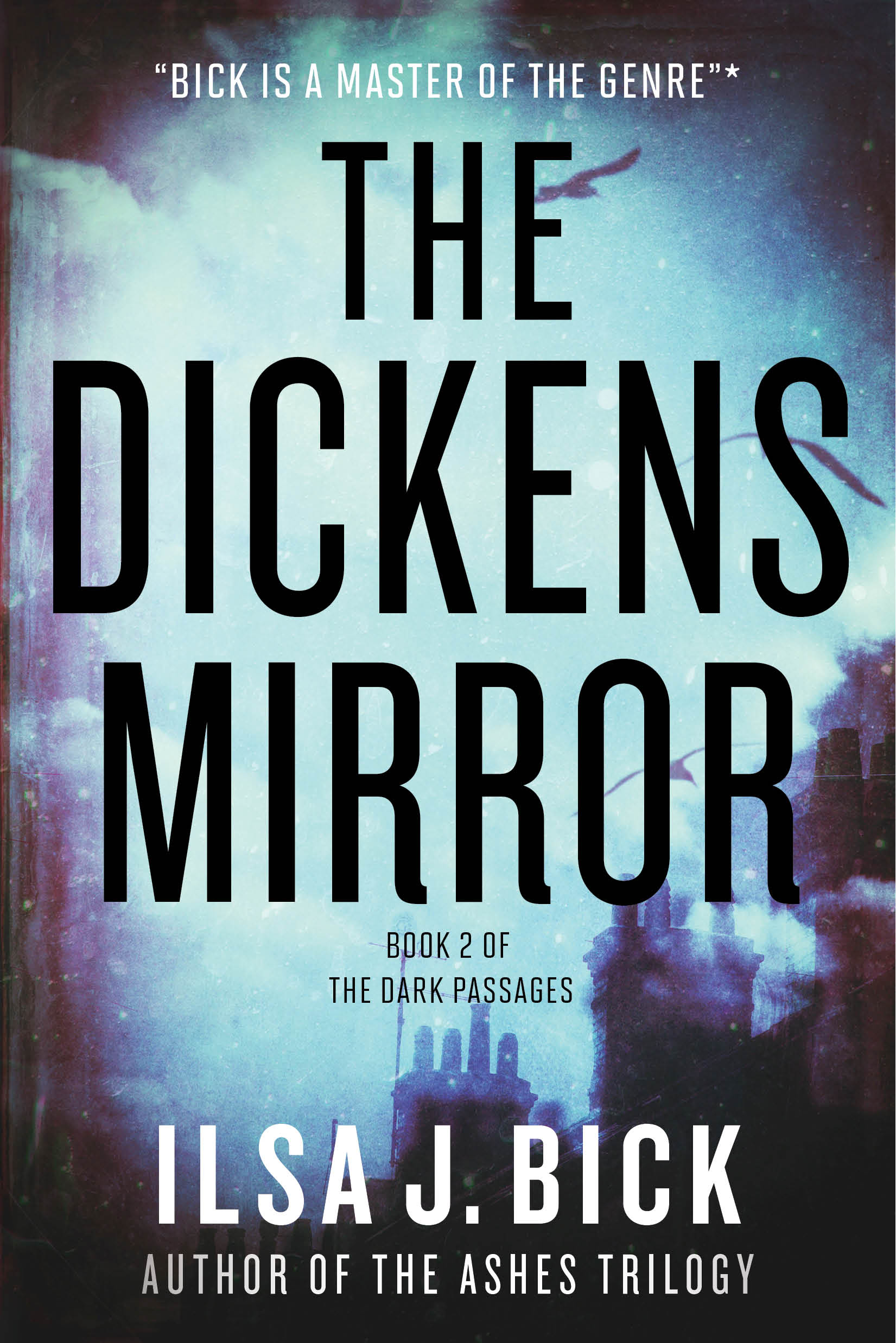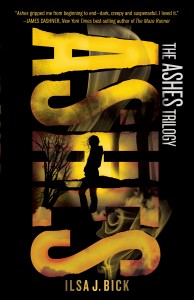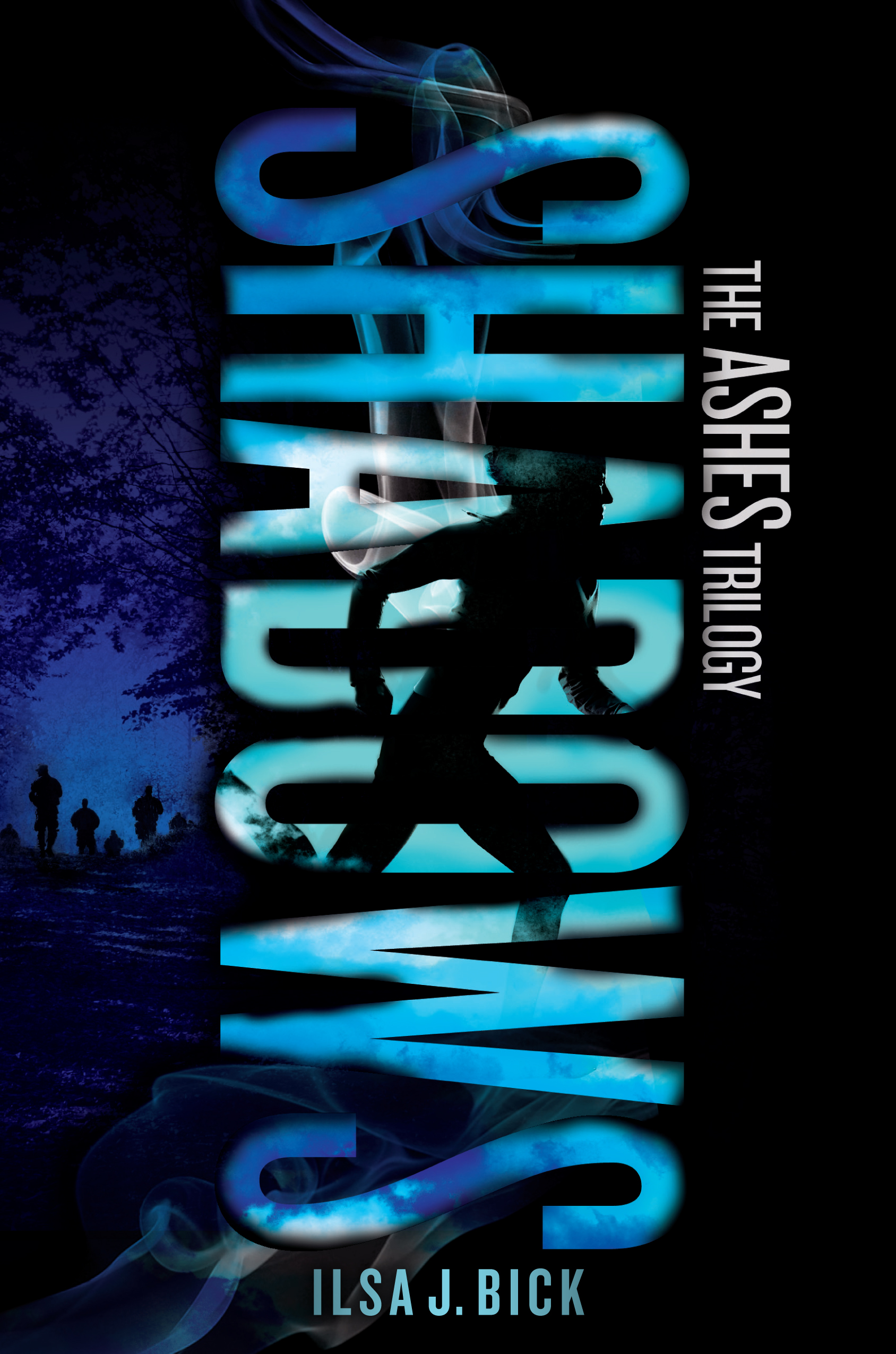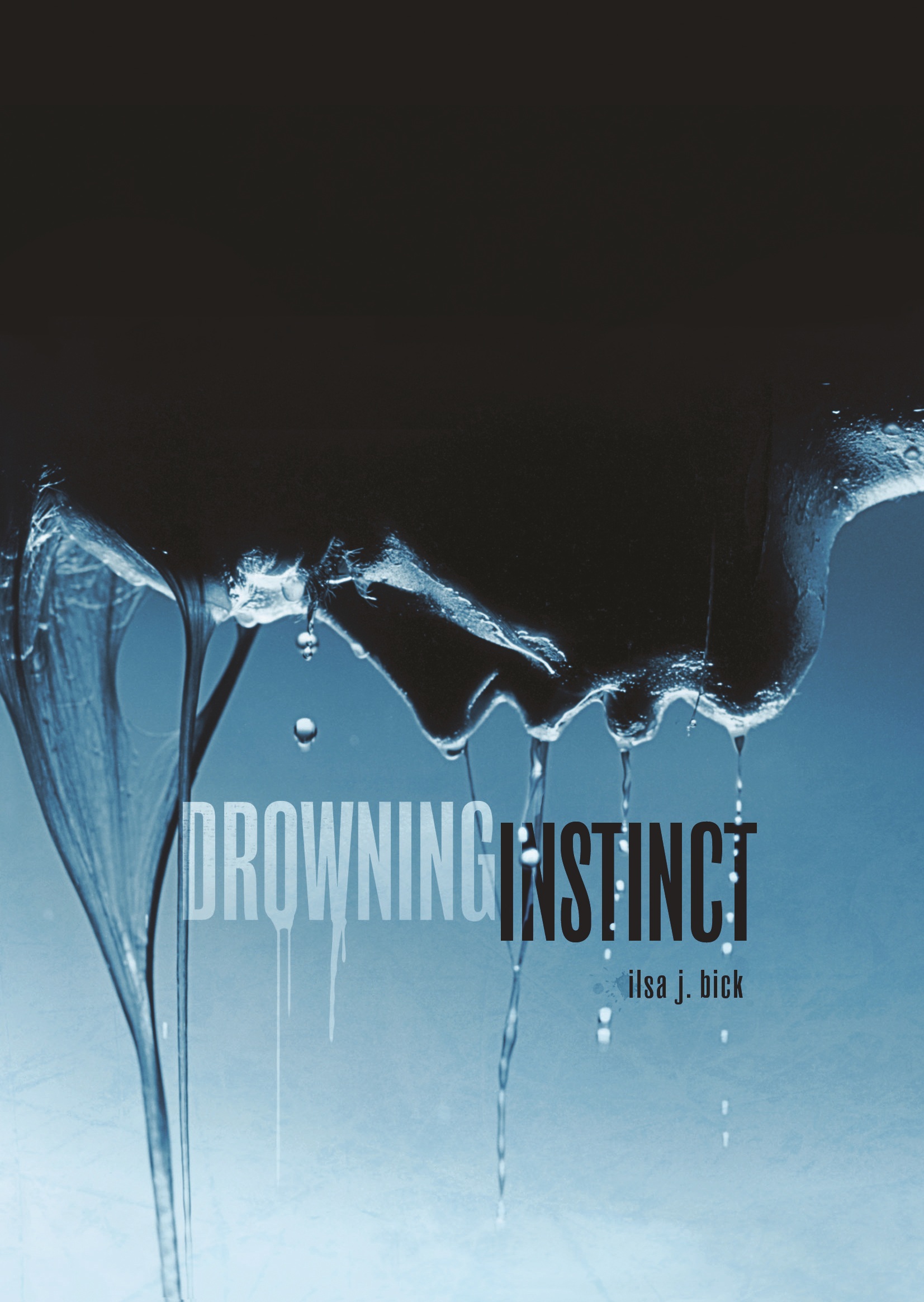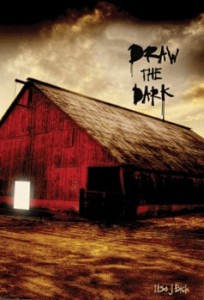Coming up with a title for this post was . . . well, hard and that’s probably a tribute to the fact that I’m in the HARD part of my latest book–which translates to the initial glow has faded, that first burst of enthusiasm and OH WOW is gone, and now we get down to the serious business of making meaning. Actually, a semi-coherent story would be just fine, thanks.
Not that writing isn’t hard–some days are easier than others, but, honestly, there are days when Dashiell Hammett’s spot on: I’m pulling the words out, one at a time, with a fork.
I am reminded, though, of something that happened a few weeks ago. I was invited to speak about my transition from practicing shrink to full-time writer for a psychiatric meeting. The talk went fine; I actually enjoy public speaking and years of forensics competitions and community theatre certainly pay off. I like to think that I’m relatively entertaining and, please, don’t tell me otherwise.
Anyway, during the Q&A afterward, one woman remarked on my suggestion that waiting for the muse to tap you on the shoulder wouldn’t really get a book done–and that writing is work, same as any other profession. She said, “Well, you make it sound so reasonable, but it also sounds hard.”
Or something like that. I had to think about that a second, and then I said, “Well, so is medical school.” (Which is, yes, VERY hard, trust me on this. So is internship and residency and . . . don’t get me started on what goes into making a doctor.)
The woman said something about how that was a good point, and then we had a nice chat afterward (as I did with a couple of very nice folks, including one analyst who pointed out to me that my career trajectory was an advertisement for a successful psychoanalysis–which I have, indeed, had. Uh, the psychoanalysis/staring at the ceiling many days a week for several years stuff–a form of reflection and treatment too many psychiatrist wannabes . . . uhm, residents in training don’t get. But don’t get me started on that either.). Turns out, as I knew it would, that this woman has been trying to write a novel for years and just never finished.
I can really understand the impulse to chuck it all. When you get past the initial glow, all that nagging self-doubt comes back, if it ever really left to begin with. Writers are an insecure, strange little bunch of people who, as Annie Dillard once wrote, do battle in a small room with small pieces of paper for most of their professional lives–or, in my case, a blank computer screen and small pieces of paper.
But then I’m reminded of a column Garrison Keillor once wrote for The New Yorker, I think, but don’t quote me on that because I can’t find it right now. I do believe, though, that he was taking on this whole notion of oh-writing-is-so-hard and then blasting it all to bits by pointing out that REALLY hard work is walking into a classroom of eighth-graders and getting them to learn something.
I can think of other work that is equally hard, and I would suspect that almost anyone who is passionate about what he or she is doing works hard. There are just as many people in the world who work hard every day because they will not survive otherwise. I’m not talking about working for a paycheck; we’re talking back-breaking slogs just to find water and food.
Everything is relative. One woman’s work is someone else’s play and all that. I guess what I’m groping for here is the notion that hard work is, frequently, good work that is good for you–hardly original, I know, and I might just be a closet Calvinist. But what I’ve noticed about myself is that if I do not work–if I have no direction–I am restless with a kind of existential angst. Maybe working at a craft, particularly when one’s basic needs have been met, is nothing more than weaving meaning: stepping back at the end of a day and feeling the satisfaction of a goal met, something created–having something to show for the fact that I’m here, taking up space.
Okay, enough of this. I guess it’s time to get to work.







